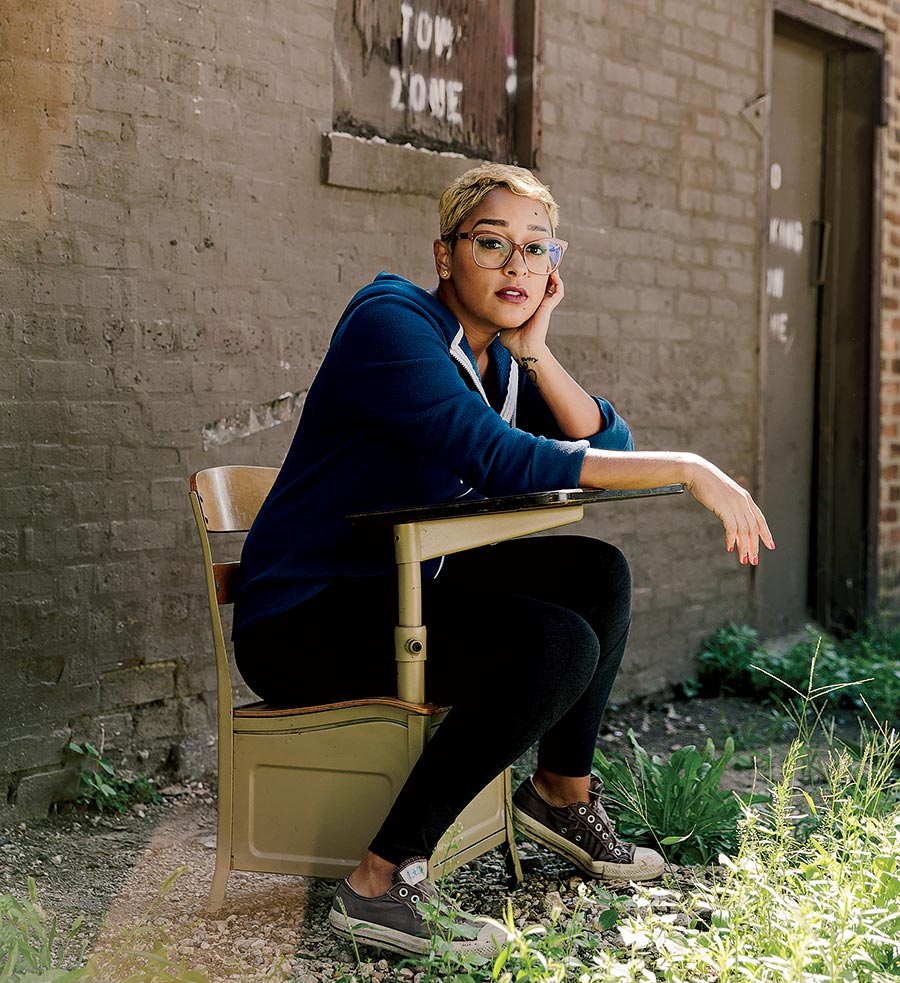
Your new book, Ghosts in the Schoolyard: Racism and School Closings on Chicago’s South Side (October 22, University of Chicago Press), criticizes the city’s shutting down of 49 schools five years ago. Is it ever OK to close a school?
I think of schools often through the analogy of a family. All of us have people we love who are imperfect. It’s not that you never cut people out of your life, but it’s something you weigh heavily. And the emotional devastation of what it means to close a school has not been adequately accounted for.
There was emotional fallout for you too. You had taught at one of the schools that closed.
It was devastating. It felt like a personal attack. [Former Chicago Public Schools CEO] Barbara Byrd-Bennett was saying, “These schools are underutilized; these kids are trapped.” It hit home for me how dehumanizing that language is — and also how it serves as a dog whistle that plays off the fears many people have about CPS.
What role did race play in the decision to close these schools?
There is no way of truly understanding the school closures without understanding the history of how race and racism have shaped the city. For the most part, white families have divested from our public school system, and so it’s very easy to play on stereotypes and assumptions when you start talking about the kinds of schools that are being closed and what they look like and how terrible they are, without people actually having any firsthand knowledge of the institution.
How do you hope readers will react?
It’s crucial to me to write about the communities that are most impacted in a way that is accessible to those communities. This spring, I cotaught a class in Stateville Correctional Center. What became clear was how much of a relationship there was between the inmates’ past educational experiences and the conditions that led them to prison. I assigned them a PDF of the book. One student said, “You wrote about my childhood. These are the schools I grew up going to.” In that moment, I decided that I don’t really care what anybody else thinks about the book.


